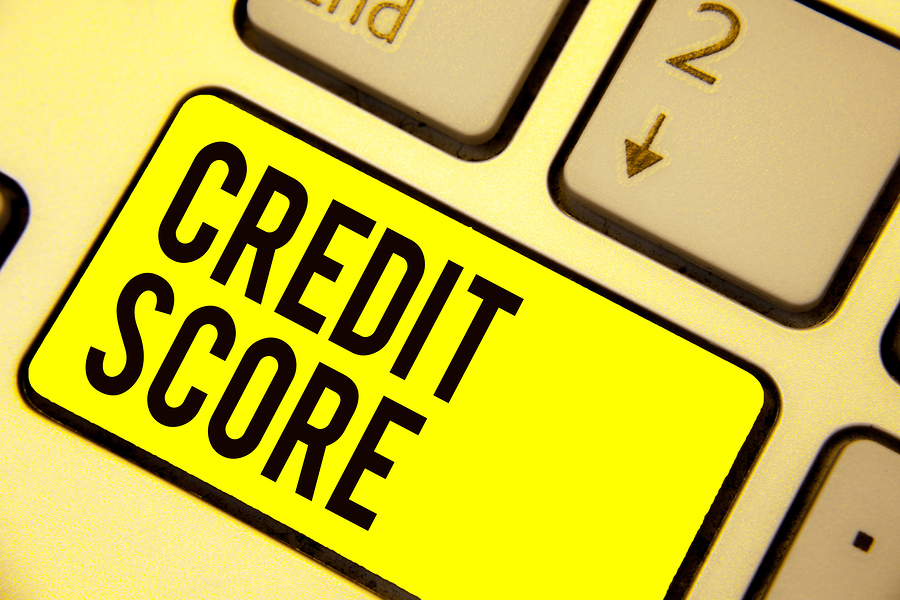You should never underestimate the power of a good credit score. With this, you have more bargaining power, the opportunity to secure more competitive interest rates on loans, and higher credit limits – and that’s just the start. Let’s learn about aspects that can harm your credit score.
Unfortunately, a less than desirable credit score will work against you in a number of ways, thus making it a challenge on many financial fronts.
Since you don’t want to go down this path, it’s critical to understand the basic things that will harm your credit score. Consider the following:
1. Late Payments
Remember, it only takes one late payment to drag down your credit score. Rather than take this risk, do whatever you can to pay all your bills on time. Setup auto-reminders, create a budget, and double check your spending throughout the month.
If you can do something to avoid late payments, it’s worth considering.
2. Applying for Too Much Credit
The more credit the better, right? While there are times when you need to apply for credit – such as when buying a home or vehicle – don’t go overboard in doing so.
When you ask for credit, a hard inquiry is made on your account. Too many of these will negatively affect your credit score.
3. Canceling an Old Credit Card
You have an old credit card with zero balance and no annual fee. Why keep it, right?
While you have the right to cancel it, it may not be in your best interest. Canceling a credit card can harm your score because it reduces the amount of total credit available to you. Also, it shortens the age of your credit history.
4. High Credit Card Balances
You apply for a credit card to use it. And there’s nothing wrong with that. However, you don’t want to get into the habit of running up a high balance, as it can hurt your credit score.
As a general rule of thumb, keep your credit utilization ratio somewhere in the 15 to 30 percent range (lower is always better). For example, if you have a credit card with a $10,000 limit, attempt to keep your balance at $3,000 or less.
5. Ignoring Credit Report Mistakes
You expect your credit report to be error free, but that’s not always the case.
According to the Consumer Financial Protection Bureau, approximately 20 percent of people have at least one error on their credit report.
In many cases, one error is all it takes to harm your credit score, which can cause damage across your entire financial life.
Review your credit report a minimum of once per year for errors. And if you find one, contact the reporting agency for information on what to do next.
Final Thoughts
These are just a few of the many things that can harm your credit score. If you keep these out of your life, you’ll find it easier to maintain a good or excellent credit score, which will benefit you well into the future.


Related Posts :
Maximizing Your Credit Score with Smart Credit Card UsageDemystifying Credit Scores: A Beginner’s Guide
Understanding the Difference Between Credit Score and Credit Report
Why it’s Important to Regularly Review Your Credit Report
These Things Don’t Affect Your Credit Score